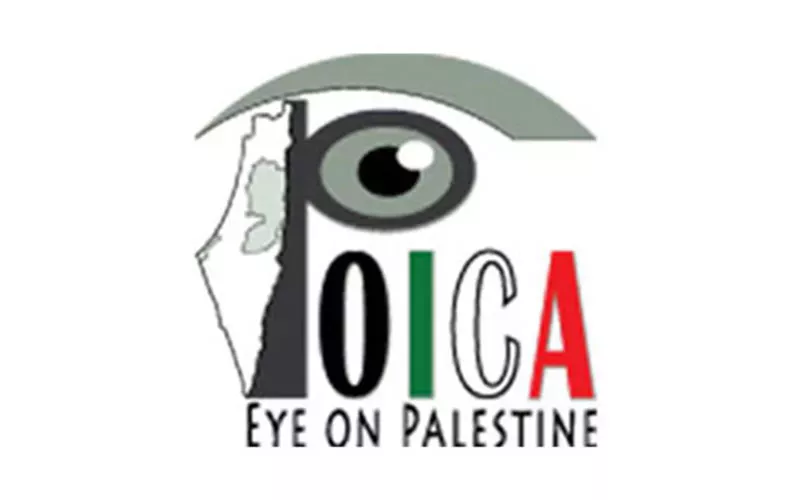About The Project
Monitoring Israeli Colonizing activities in the Palestinian West Bank and Gaza is a joint project between the Applied Research Institute in Jerusalem (ARIJ) and the Land Research Center (LRC). The project, funded by the European Union, aims at inspecting and scrutinizing Israeli colonizing activities in their different forms in the Palestinian West Bank and Gaza, and to disseminate the related information to policy makers in the European countries and to the general public. Specifically, the project will be providing accurate updates on the expansion of existing Israeli colonies, associated by-pass roads and land confiscation. It will also provide detailed baseline data related to specific sites where new Israeli colonizing activities are planned or initiated. Methods used to collect data and monitor the colonizing activities will include remote sensing satellite images, field work, aerial photographs, colonies' masterplans, and topographic maps.
General Objectives
-
To contribute to the conditions for a sustainable resolution of the Israeli-Palestinian conflict through positive engagement with key stakeholders by raising their awareness of issues obstructing the Israeli-Palestinian peace process, and advocating for a peaceful and just solution. This will be mainly achieved by elucidating to stakeholders the advantages of cooperation over conflict by contrasting the socioeconomic and ecological impacts of peacefully negotiated agreements and cooperation vis-à-vis the negative impacts of the current political impasse. We argue that this action will promote the conditions for a sustainable resolution of the Israeli-Palestinian conflict by positively engaging key stakeholders in key activities of this action and by raising their awareness about issues obstructive to the Israeli–Palestinian peace process.
-
The action also addresses the needs of multiple stakeholders for up to date information of geopolitical changes and their subsequent socioeconomic and environmental impacts and how these changes affect the peace building process. The stakeholders include the Israeli and Palestinian populations at large, Palestinian State officials, Israeli officials, European representatives, and UN agencies, academics, journalists and media.
Specific Objectives
-
To monitor Israeli activities in the State of Palestine and their subsequent social, economic and environmental impacts. This represents a continuation and an expansion of high quality data collection and scientific research relating to Israel’s actions in the State of Palestine and the analysis of their impacts, in order to estimate the direct and indirect costs of the on-going conflict on the Palestinian and Israeli economies, and to elucidate the social repercussions on both societies. This also includes an analysis of the environmental costs resulting from the lack of cooperation on water, wastewater, solid waste and industrial hazardous wastes management.
-
To continue providing, on a regular basis, accurate updates and analysis of the impacts of geopolitical changes on the viability of the Palestinian State such as expansion in existing Israeli settlements, outposts, the segregation wall and geographic discontinuity. These information and analyses will be disseminated through multiple and diverse mediums amongst the relevant Palestinian, Israeli and international stakeholders). More precisely, the target groups are: Policy makers and negotiators at local, national, regional and international levels; Civil society and influential people within Palestine, Israel and international community; Scholars, educational and research institutions; Israelis, Palestinian and international NGOs and activists; General public; national and international press and broadcasting media; Advocacy groups, peace groups and human rights practitioners.
-
To strengthen the Palestinian and Israeli civil society and public sector officials through civil engagement in a sustainable resolution of the conflict, which is based on a better understanding and knowledge of the adverse impacts of the conflict vis-à-vis the Israeli and Palestinian socioeconomic benefits of a peaceful and just solution of the conflict.



